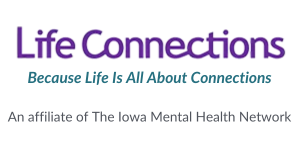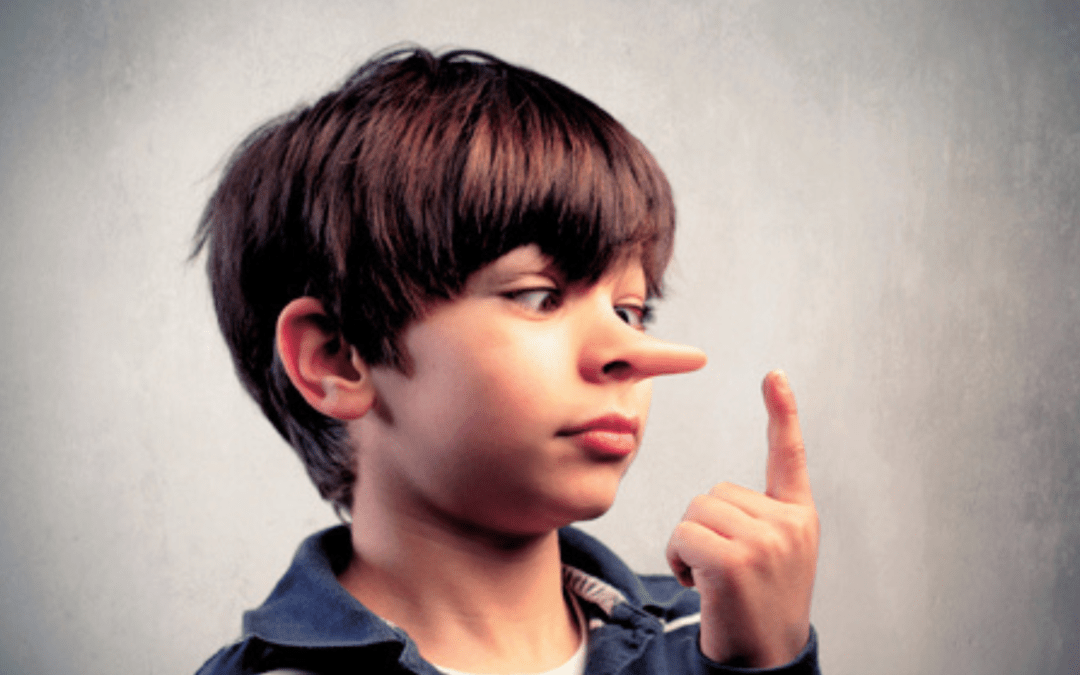Untruthful, deceitful, dishonest all of these words mean the same thing: Lying. Lying is something children and teens often do, but why? Some parents, teachers and other caregivers struggle with understanding why children lie and what they should do when catching a child in a lie.
Young children often lie unknowingly. Research shows that young children’s small lies are normally a result of the child’s mind learning how to process and organize new information. However, by the time children hit middle-school age, the lies are more intentional and are often a result of attempting to avoid punishment. Think back to when you were a kid, did you ever make a mistake and tried to lie to avoid the repercussions of your actions? Other research supports the finding that by the age of 17, lying begins to decrease as children begin to take more adult level responsibility.
So, how SHOULD we respond to children’s lies?
- Stay calm. If a child is lying to you, they already feel bad for their choices and know that what they did was wrong.
- Ask solution-focused questions. Instead of asking the child if they have taken the garbage out yet, ask them “When do you plan to take the garbage out?”
- Praise honesty. Praise your child when they are honest about the mistakes they made.
- A child is not their behavior. The child’s behavior has no effect on how we love them. Whether they make a mistake or not, lie or not, we love them anyway.
- Be an example. Do not lie in front of your children. If you make a mistake, take responsibility and model that behavior.
As a final reminder, dishonesty and lying is like any other behavior, it is not fixed with a snap of our fingers. Behavioral changes take time, patience and dedication. Trained mental health professionals are the perfect support and resource when behavioral changes need to be made.
Written By: Taylor Tittle, MA, tLMHC
Licensed Therapist
Because Life is All About Connections
Life Connections provides in-home Behavioral Health Intervention services, Therapy services, autism (ABA) services and Children’s Mental Health waiver services in our 13 office locations and approved schools across Iowa. Life Connections was founded in March of 2009 with the intent to serve the children and families of Cedar Rapids and surrounding cities.
Life Connections is a highly professional and caring counseling and behavioral health provider. We offer a wide array of services to treat mental health issues including Applied Behavior Analysis Services, Behavioral Health Intervention Services, mental health therapy, school-based therapy programs, and substance use treatment.
For more information, please call 319-409-6922.
Resources:
- National Suicide Prevention Hotline 800-273-8255
- Crisis Text line text to 741741
- The Trevor Project – for LGBTQ+ young adult community 866-488-7386
- Rape, Abuse, and Incest National Network 800-656-4673
Start Your Services
Start Mental & Behavioral Health Services with Life Connections | Because life is all about connections.

